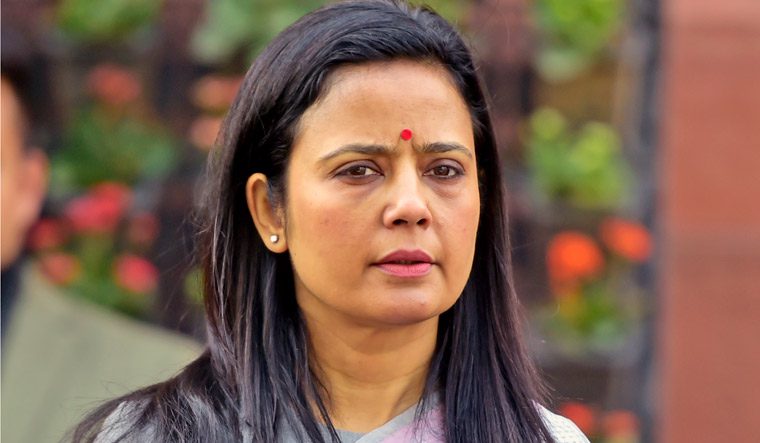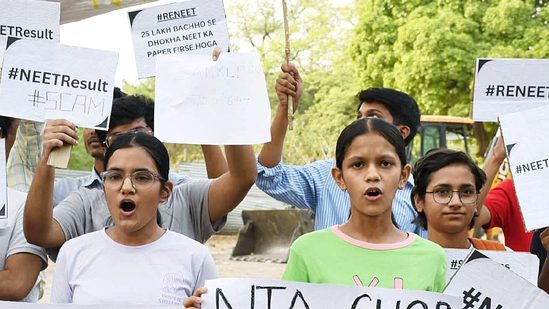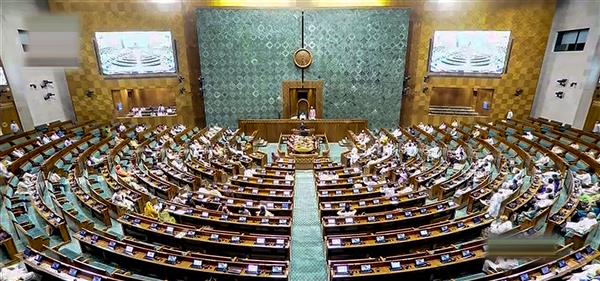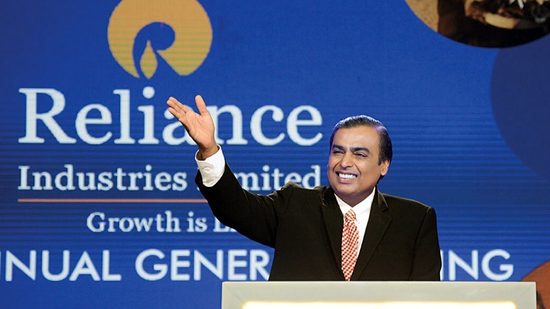
TMC MP Mahua Moitra has recently found herself at the center of controversy following remarks that led to an FIR being filed against her. The incident has drawn significant attention from both the political sphere and the National Commission for Women (NCW), highlighting the complexities of political discourse and accountability in India.

The FIR was lodged by the Delhi Police after Moitra’s comments, which were deemed offensive and inflammatory by certain groups. The exact nature of her remarks has not been disclosed, but sources indicate they pertained to sensitive political and social issues, stirring a significant backlash.
Mahua Moitra, known for her outspoken nature and unflinching criticism of opposing political entities, has often been a polarizing figure in Indian politics. Her latest remarks, however, have escalated into a legal battle, with the Delhi Police taking swift action based on complaints received.
The National Commission for Women (NCW) has also stepped into the fray, reflecting the gravity of the situation. The NCW’s involvement underscores the broader implications of Moitra’s comments, particularly concerning gender and societal norms. The commission has sought a detailed report from the Delhi Police, emphasizing the need for a thorough and impartial investigation.

This incident involving TMC MP Mahua Moitra comes amid a charged political climate, where statements from public figures are scrutinized intensely, and repercussions are swift. The Trinamool Congress (TMC) has defended Moitra, arguing that her comments were taken out of context and that the FIR is a politically motivated attempt to silence dissent.
Political analysts suggest that this development could have broader ramifications for the TMC, particularly in the lead-up to upcoming elections. Mahua Moitra is a prominent voice within the party, and any legal proceedings against her could impact the party’s image and electoral prospects.
The FIR against TMC MP Mahua Moitra also raises questions about freedom of speech and the boundaries of acceptable political discourse in India. While the legal process will determine the validity of the charges against her, the incident has sparked a debate on the extent to which politicians can express their views without crossing legal and ethical lines.
As the investigation progresses, all eyes will be on how the Delhi Police and the NCW handle the case. Mahua Moitra‘s supporters argue that she is being unfairly targeted for her bold stance on various issues, while her critics insist that accountability is necessary to maintain decorum in public discourse.
In conclusion, the FIR against TMC MP Mahua Moitra has not only triggered a legal challenge but has also ignited a broader conversation about the nature of political expression in India. The outcome of this case will be closely watched, as it could set a precedent for how similar situations are handled in the future.







